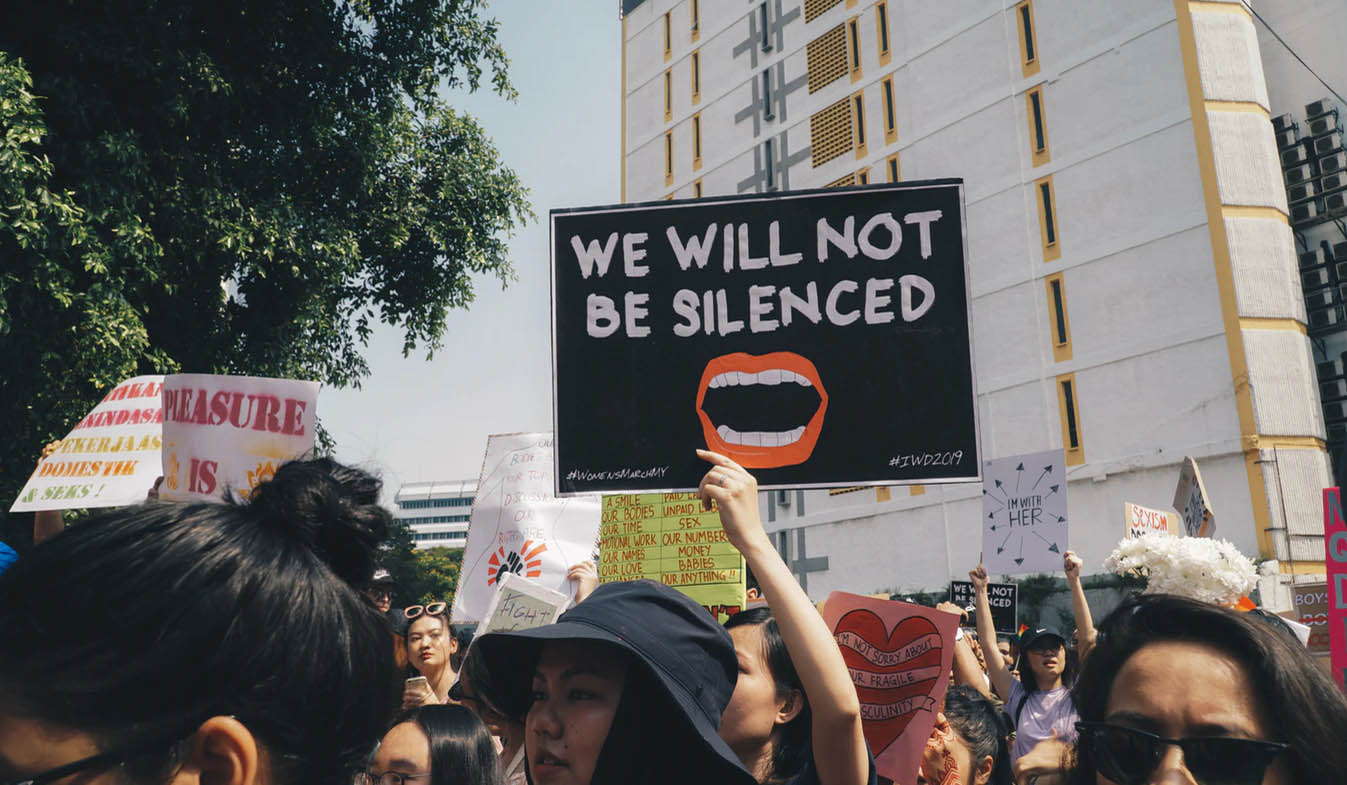
It’s time to address the easy accessibility of news in this technological era. In the past few years, it has become our default to turn to newspapers rather than independent research when it comes to the affairs of the world at large. But what if the facts presented to you were false?
T/W: This article contains content that discusses the topic of rape.
We are now, more than ever, familiar with the concept of “fake news.” Many politicians use fake news as a means. to defend their appearances in public while also trying to vilify the media. But even if we do suppose that every article. we read is correct and fact checked, what are the risks associated with judging a person entirely based on a single-line clickbait headline?
We need to fight back against misinformation and form our own opinions!
The Case:
The main event that inspired me to write this article was the recent rape case involving the British woman in Cyprus. Seeing how mishandled this case was disheartening. The woman in question did not have access to a lawyer or an interpreter and yet was subject to police interrogation for 9 hours. The judge then judge refused. to acknowledge that the case involved rape at all, so any evidence consistent with rape was disregarded (both DNA and video existed).
Even more disheartening and repulsive was the way in which the British media reported the case. The use of clickbait titles such as; “British woman, 19, guilty of lying about being gang raped in Ayia Napa, Cyprus, by Israeli youths six months ago” misinformed readers who did not read the actual article about the realities of the case.
As I scrolled through the comments on the article’s Twitter post, some people believed that confinement in prison, PTSD and sharing a cell with 8 other inmates (some of which were killers and thieves) were all justifiable because she had supposedly lied. In fact, some people even believed that she should have been punished more harshly because false reporting is a crime.
“These conclusions and toxic reactions could have been avoided had the BBC used a more balanced headline.”
Misogyny and the Media:
Evidently, like in any other professional field, there is bias within journalism. This is a serious issue because it affects widespread perception of world affairs. Misogynistic reporting not only hardens our hearts towards potential victims, but also creates a hostile environment.
This case can now be used as an example of women lying about serious issues, when many cases can often be much more complicated than they appear to the public.
This story taught us how easy it is for cases to be mishandled by the police and how easy it can be to blame victims for lying when sufficient evidence cannot be found. Once we stop jumping to conclusions and start reporting fairly, people will be able to draw their own conclusions and engage in more reasonable discussion about what’s really going on around the world.
If you have been affected by the topics discussed in this article please reach out and speak to someone you trust:
- SUPPORT FOR VICTIMS OF RAPE AND SEXUAL ASSAULT
- NHS HELPLINE
- NSPCC
- RAPE CRISIS
- SURVIVORS UK
- RAPE AND SEXUAL ASSAULT REFERRAL CENTRES







Be the first to respond